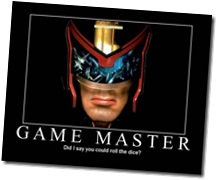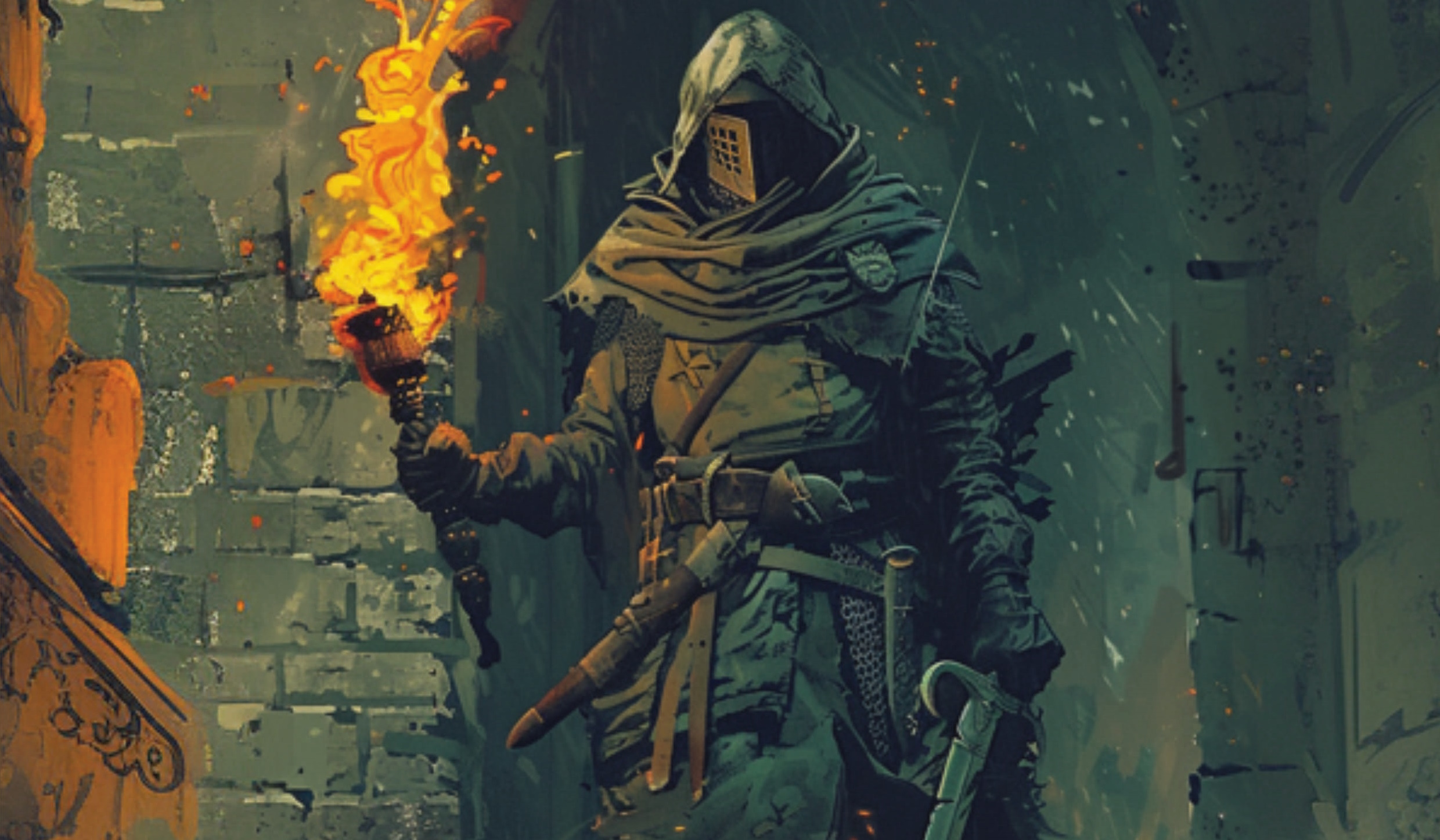Trust issues
 Over the years I have talked with a lot of roleplaying game players about rules-light games. The older I get the more I gravitate towards rules-light systems, because I feel they suit my style of playing and running games more than the more crunchy rulesets. One of the arguments I heard against these systems was that in rules-light systems a lot relies on GM fiat. When you have a game like D&D 4th Edition for example where almost every situation is covered by rules, GM fiat plays only a minor role. This is definitely an advantage when you deal with an inexperienced DM or if the players have some trust issues when it comes to the GM.
Over the years I have talked with a lot of roleplaying game players about rules-light games. The older I get the more I gravitate towards rules-light systems, because I feel they suit my style of playing and running games more than the more crunchy rulesets. One of the arguments I heard against these systems was that in rules-light systems a lot relies on GM fiat. When you have a game like D&D 4th Edition for example where almost every situation is covered by rules, GM fiat plays only a minor role. This is definitely an advantage when you deal with an inexperienced DM or if the players have some trust issues when it comes to the GM.
What I want to muse about today is trust. I don’t think that anyone should play roleplaying games with someone who they don’t trust. If you think your GM is screwing with your character at any given opportunity you should perhaps look for another gaming group. Even the most rock-solid ruleset will not help you defend such a GM. Relying on the rules to solve conflicts caused by the lack of trust only lead to rules lawyerism and frustration all around.
I doubt I have to tell anyone why trust is important. Even if most of us don’t actually sign a piece of paper titled “social contract”, we all usually accept a certain set of rules when we sit down at the game table. When you play in someone’s home there are the common rules and privileges of host and guest that apply. Aside from that there are certain special rules that apply when you start gaming. One of the most basic rule that anyone agrees on that everyone at the table should have fun. The players also agree that they trust the GMs rulings if needed and the GM pledges to be fair and unbiased. Alas more often these basic rules are ignored.
As a GM one of the first things I try to do is build trust with the players. This actually starts at the moment the player sits down at the game table, possibly even earlier than that. In most cases I am although the host so I do what every good host would do. Make the players feel comfortable, offer them something to drink, be polite and friendly. When you introduce new players to the game inform them about house rules, the groups’ gaming style, and let them know if there are certain rules in your group that go beyond the game itself (like no snacks during play etc.).
During play there are also various things to consider. When you allow a player character a certain class, skill, power, magic item etc. don’t take it away casually. Don’t kill characters because of a simple botched roll or because you just thought it would be a funny idea. Be open to your players’ ideas and wishes. When you show them that they can trust you and that you’re working with them and not against them, they’ll surely come back for more. A little trust goes a long way.



15 comments